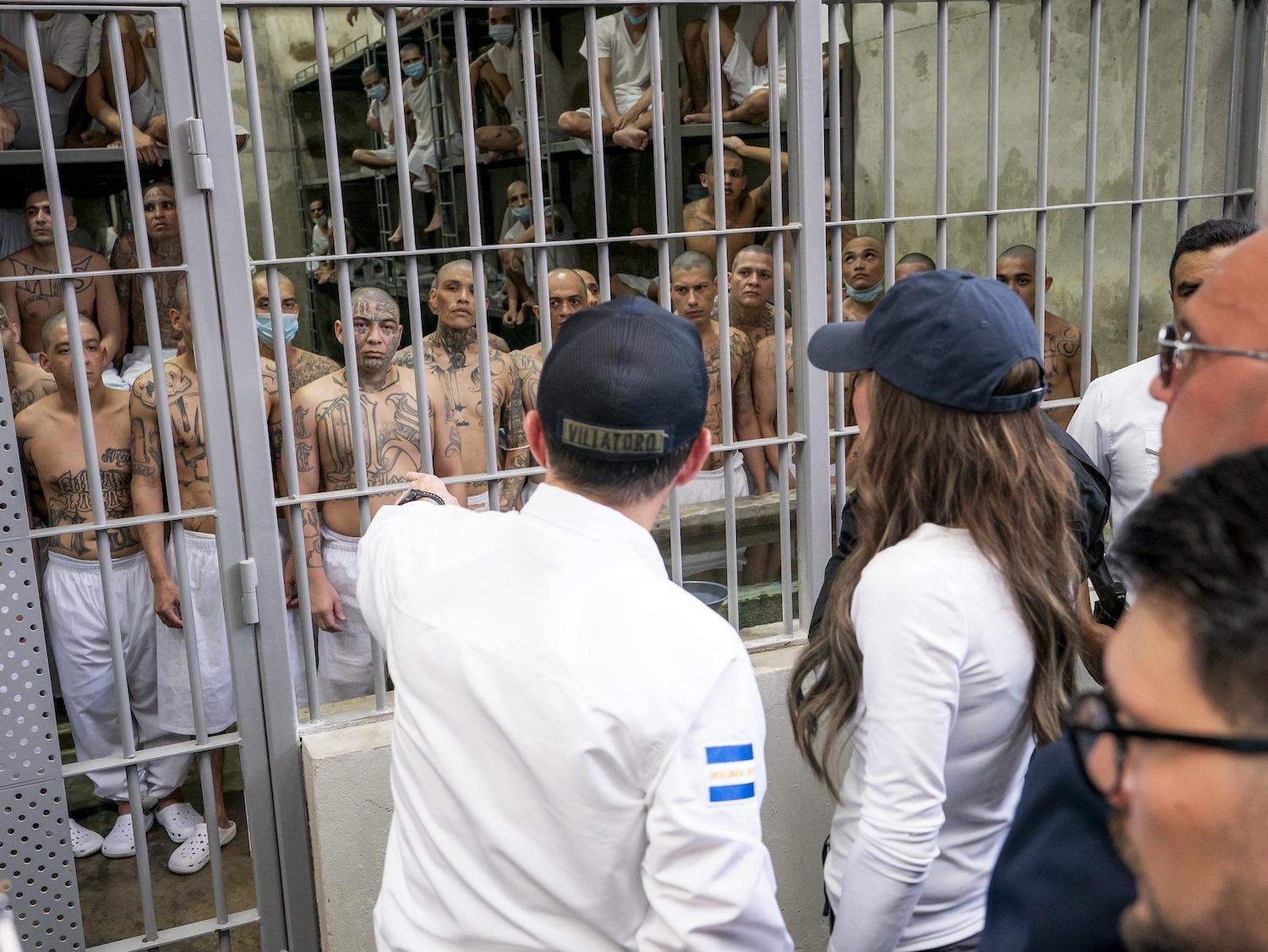border
Supreme Court Rules Trump Breached Migrant Due Process Rights with Hasty Deportations

The Supreme Court ruled on Friday that President Donald Trump violated the due process rights of Venezuelan migrants, particularly regarding expedited deportations to a notorious prison in El Salvador. The decision, made by a 7-2 majority, contended that proper notice and an opportunity for appeal were not provided to a group of Venezuelan detainees under the Alien Enemies Act.
The court’s per curiam opinion emphasized that notice given approximately 24 hours before removal was insufficient, lacking crucial information necessary for detainees to contest their deportation. Justices Samuel Alito and Clarence Thomas dissented, asserting that the Supreme Court should not have intervened at this stage of the litigation. Alito described the ruling as “doubly extraordinary,” critiquing the decision to grant certiorari before a court of appeals had made a judgment.
Dozens of Venezuelan men had petitioned the court to halt their transfer to El Salvador’s Centro de Confinamiento del Terrorismo (CECOT). Following Trump’s notification about their imminent deportation, the men’s lawyers argued that the removal notices failed to meet the necessary criteria outlined in earlier Supreme Court rulings.
Attorneys noted that some notices were in English only, and did not adequately inform the detainees of their right to contest their status in federal court. Under the Alien Enemies Act of 1798, the U.S. president holds the power to detain and deport individuals from enemy nations, a provision used infrequently in American history.
This law has been invoked primarily during wartime, and concerns surrounding its application have resurfaced. Following the Supreme Court’s previous rulings, it became clear that migrants facing deportation must be afforded due process, including sufficient time to appeal their orders.
Both Trump and Vice President JD Vance have suggested suspending due process rights, with Vance arguing that preserving such rights was merely a tactic to pursue political aims. The Trump administration had previously sought to expedite removals, with a notable ruling on April 19 that temporarily barred the depature of Venezuela men to El Salvador.
Organizations like the American Civil Liberties Union have argued that immediate action was needed, as detainees at CECOT face extreme risks upon arrival. Cases like that of Kilmar Abrego Garcia, who was wrongly sent to the facility, highlight the ongoing struggle advocates face against these deportations.
According to Human Rights Watch, no detainees have been released from CECOT, which is characterized by allegations of torture, inadequate healthcare, and inhumane living conditions. The situation has raised alarm among human rights organizations and immigrant advocates alike.


















